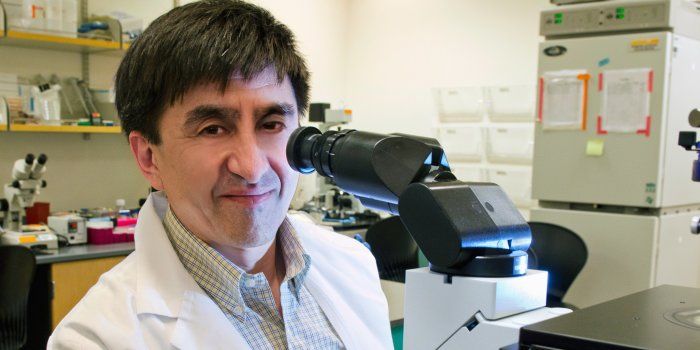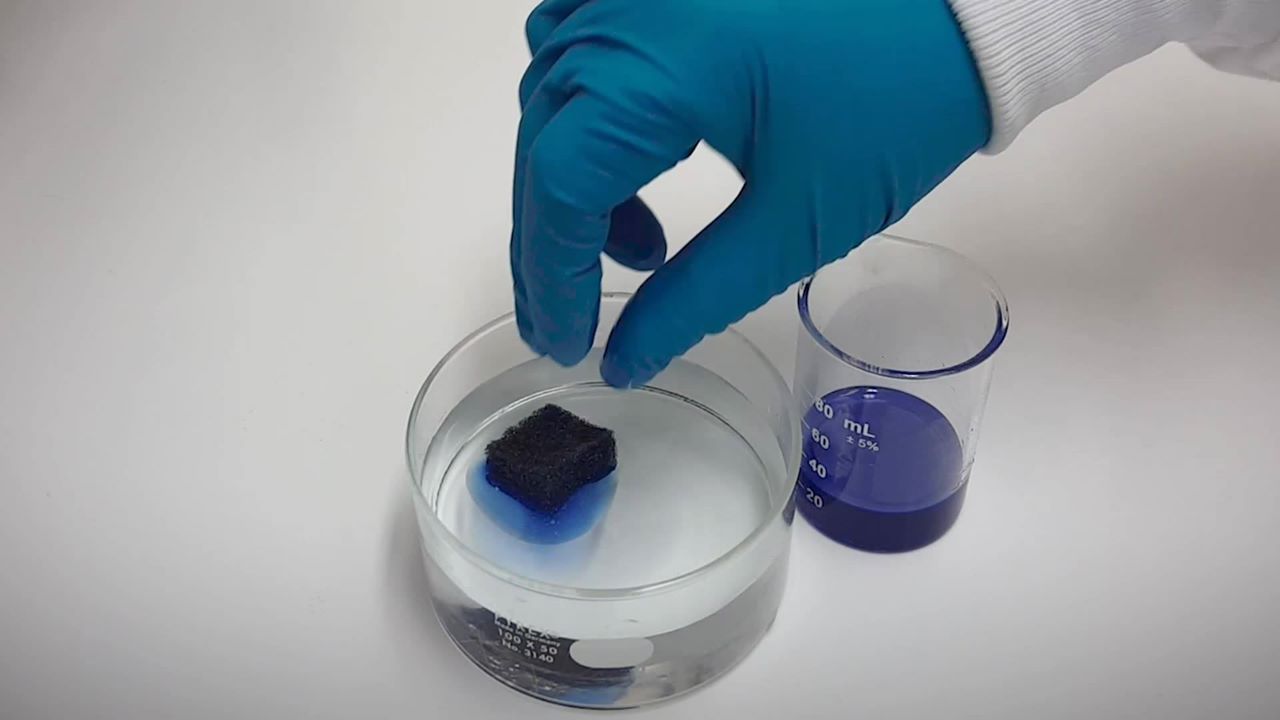
The BMW i8 is already one of the most futuristic-looking cars on the road, but it’s about to get more innovative inside, too. BMW has just announced a brand-new tech collaboration with IBM, which will see the tech giant’s Watson AI tested in four of BMW’s hybrid sports cars. The project will see BMW engineers and IBM researchers work together in Germany, as both IBM and BMW have research facilities in Munich.
The project aims to make driving assistance and information more personalised and intuitive – and Watson looks to be the perfect candidate for the job. IBM’s powerful AI should make the car’s existing systems much easier to use, and BMW has already given a few examples of how it could work. The i8’s manual will be by Watson, so drivers will be able to enquire about vehicle information in natural language, rather than select phrases. In the same way, BMW and IBM want the Watson-fitted i8 to provide updates on everything from fuel levels to traffic updates in a simple, easy way.
However, Watson’s machine learning will have another benefit, too: personalisation. By gradually learning the routes, language and needs of a driver, Watson will be able to deliver the right amount of information almost before it’s needed.
Continue reading “BMW is putting IBM’s Watson AI in the passenger seat” »


















